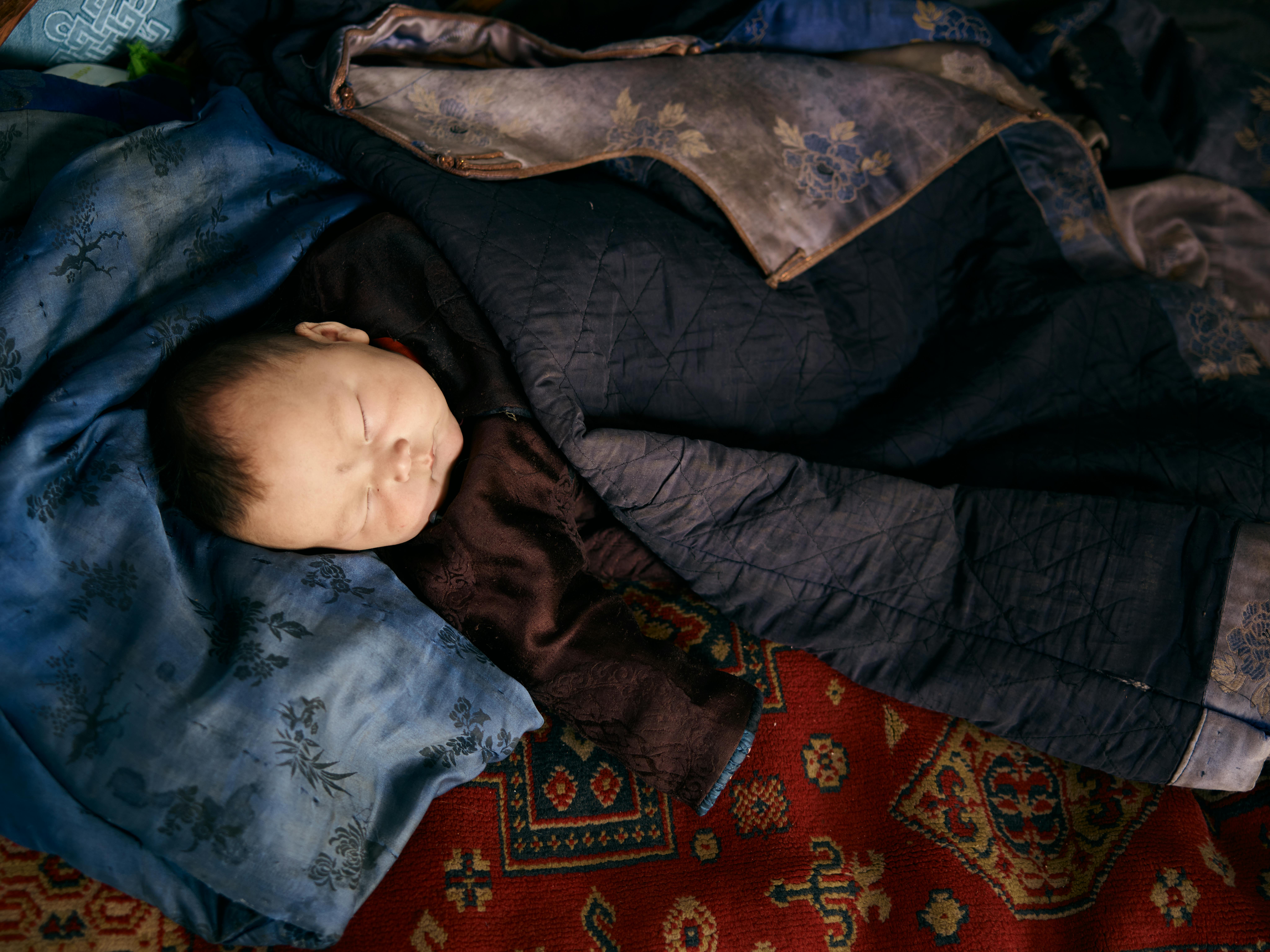Gender role attitudes that have historically contributed to economic inequality for women ( e .g https://womendeliver.org/., Confucian ideas of virtuous women ) have not lost favor in the midst of China’s economic boom and reformation. This investigation looks into how female college students feel about being judged according to the conventionally held belief that women are virtues. Participants in Experiment 1 were divided into groups based on their level of work or family orientation, and they were then asked to complete a vignette describing one of three scenarios: group or individual positive stereotype evaluation. Unstereotypical positive evaluation was the third condition. Then, respondents gave ratings for how they liked the female goal. The findings indicated that women who were more focused on their careers detested righteous stereotype-based assessment more than those who are family-oriented. According to regress research, the perception that positive stereotypes are restrictive mediates this difference.
Different prejudices of Chinese ladies include those of being unique” Geisha females,” no being viewed as capable of leading, and being expected to be submissive or quiet. The persistent golden risk notion, in particular, fuels anti-asian mood and has led to harmful policies like the Chinese Exclusion Act and the incarceration of Japanese Americans during World war ii.

Less is known about how Chinese people react to positive stereotypes, despite the fact that the adverse ones chinese mail order bride they encounter are well-documented. By identifying and analyzing Eastern women’s sentiments toward being judged according to the conventional beneficial virtuous notion, this studies seeks to close this gap.
